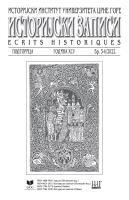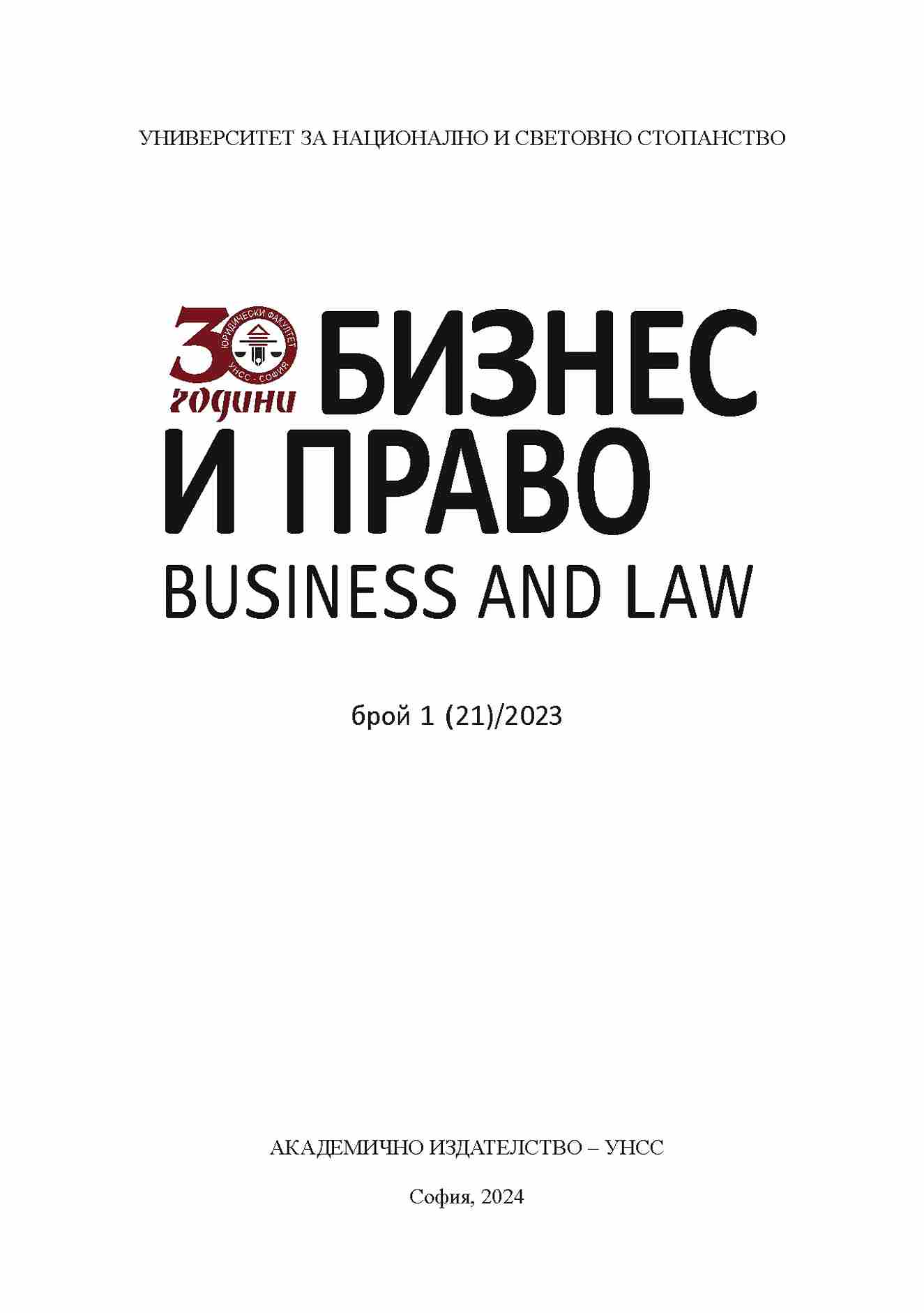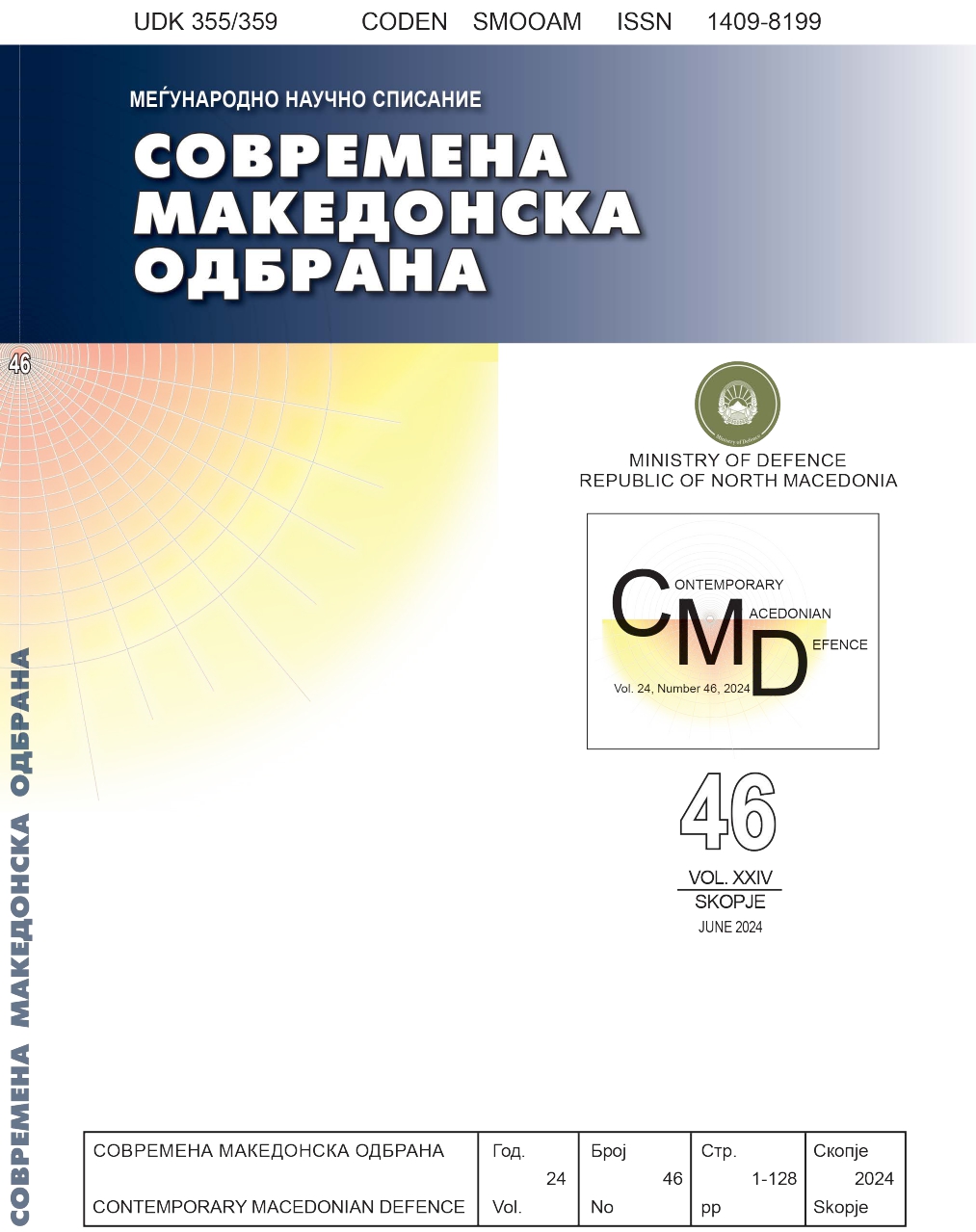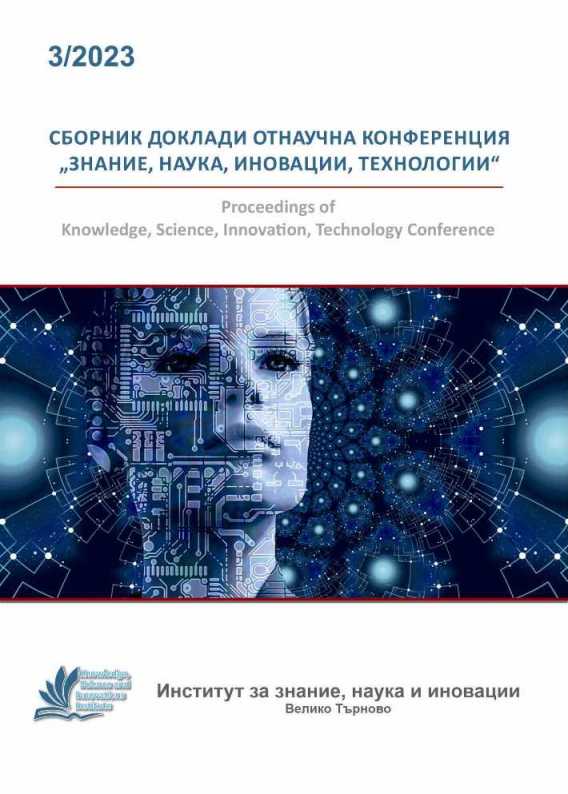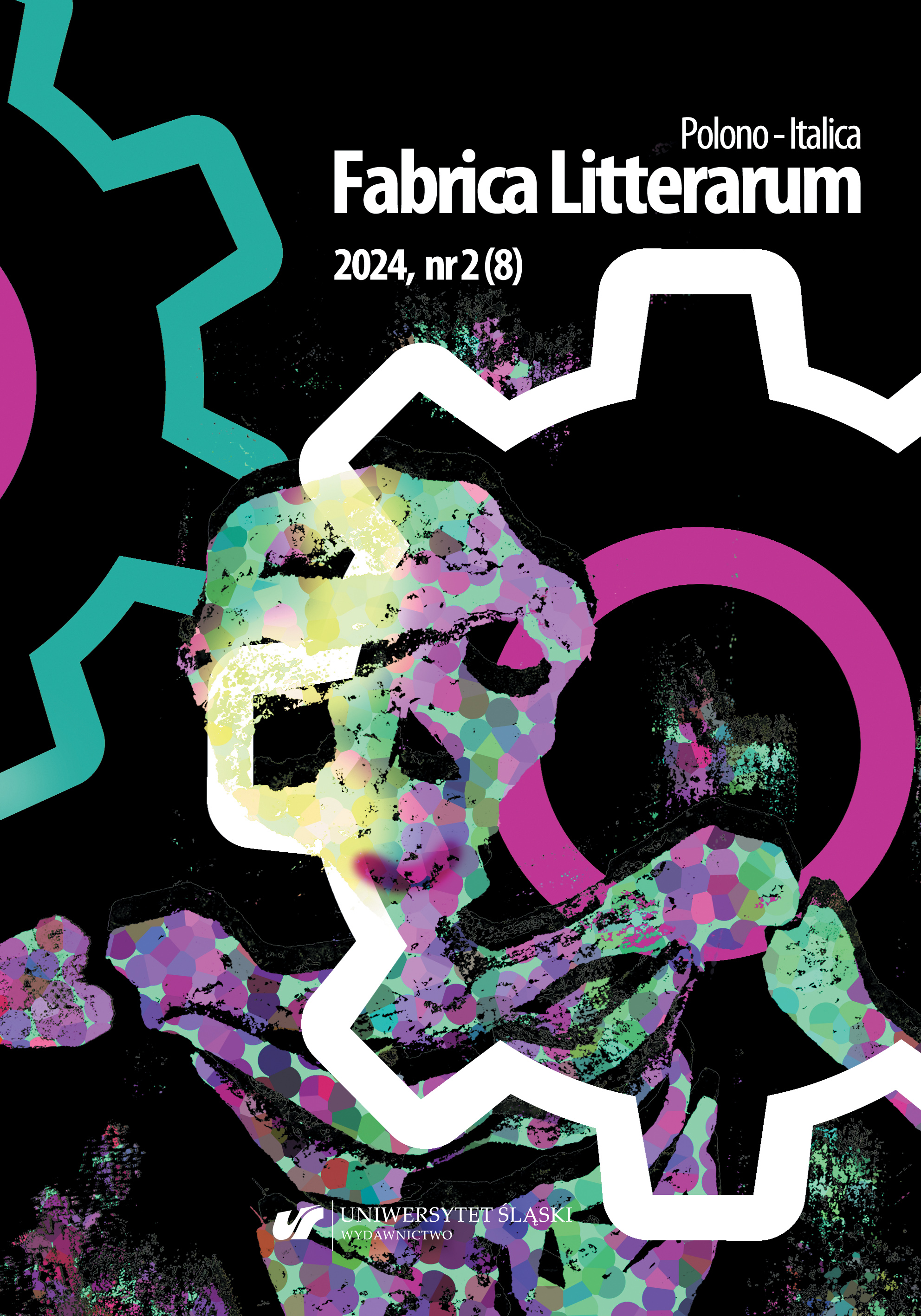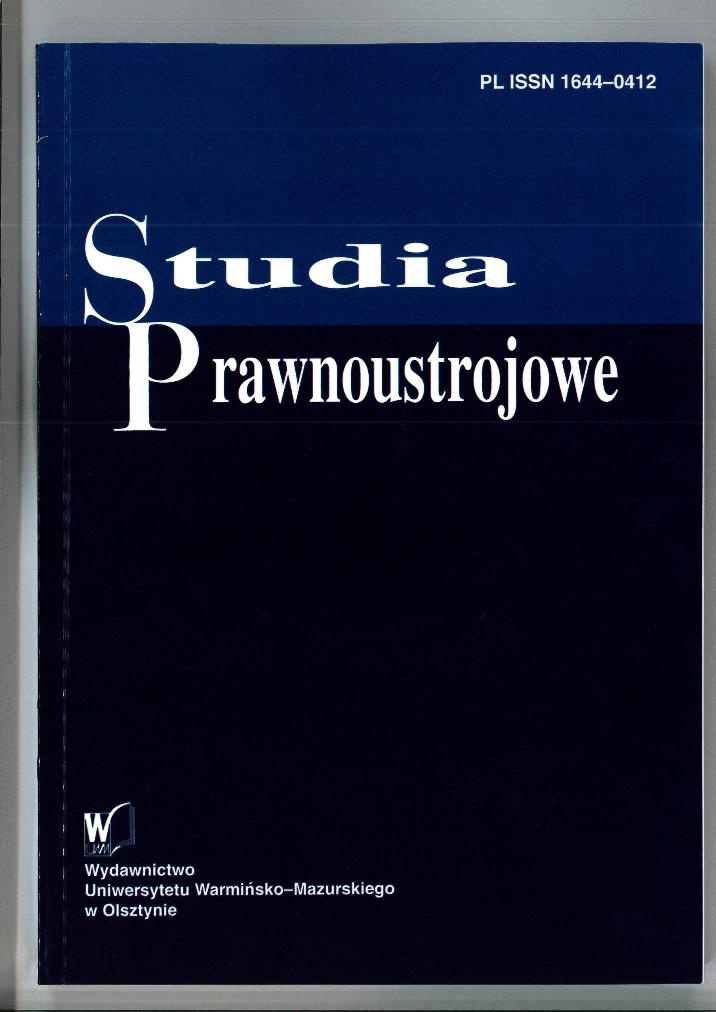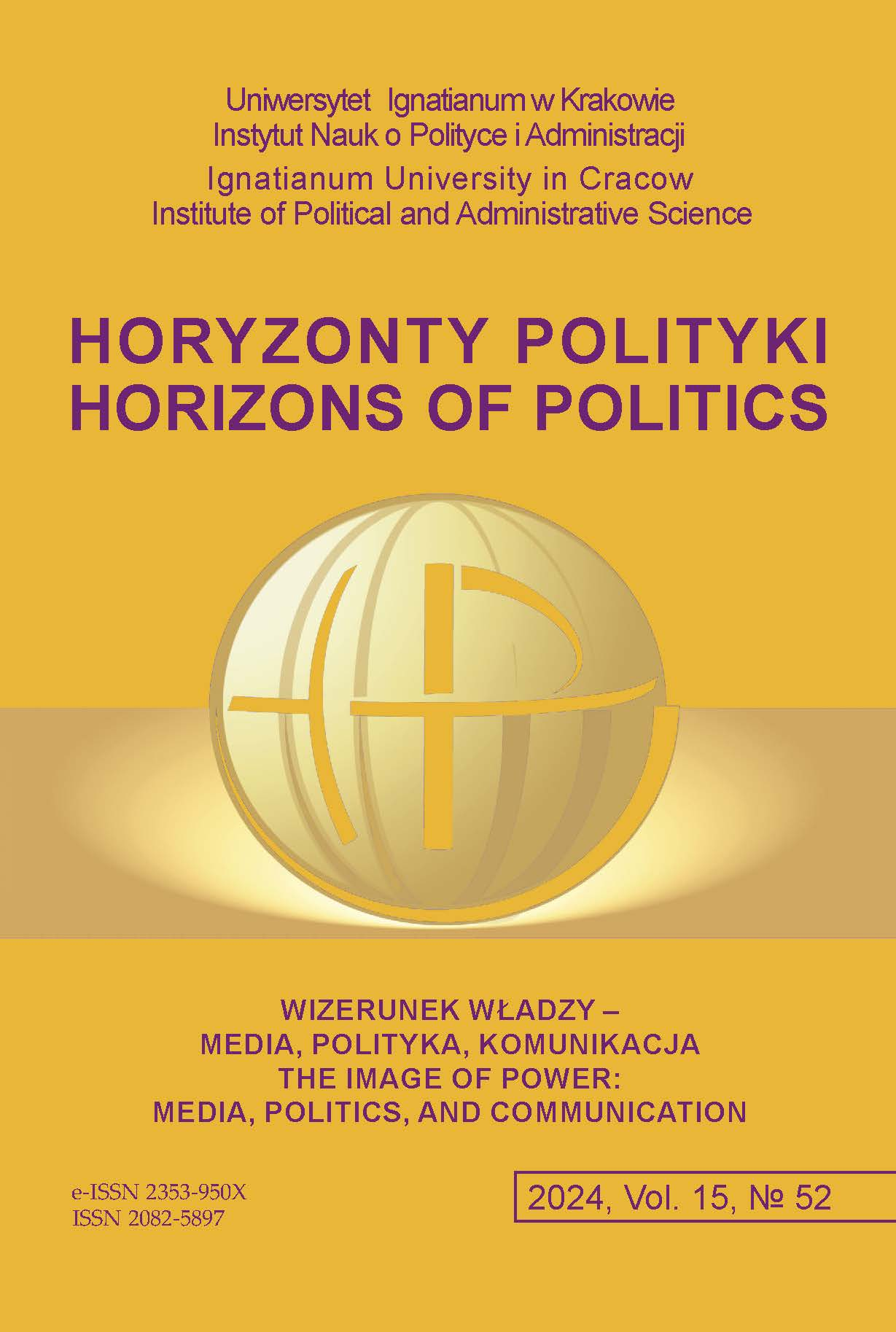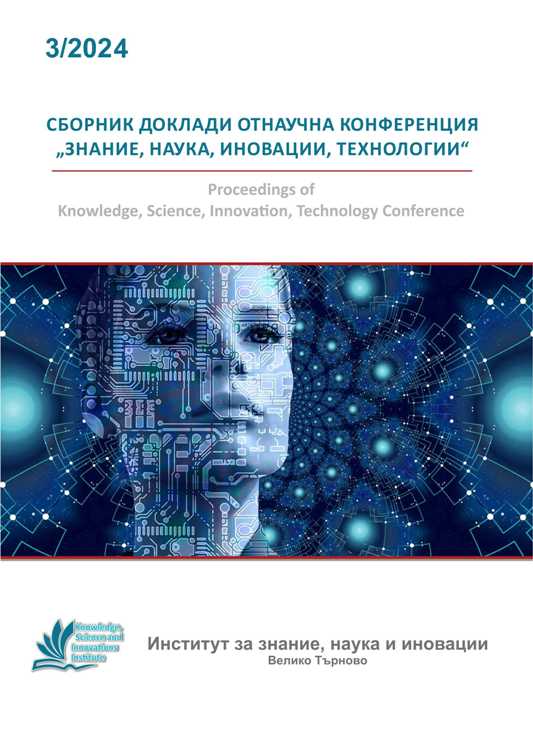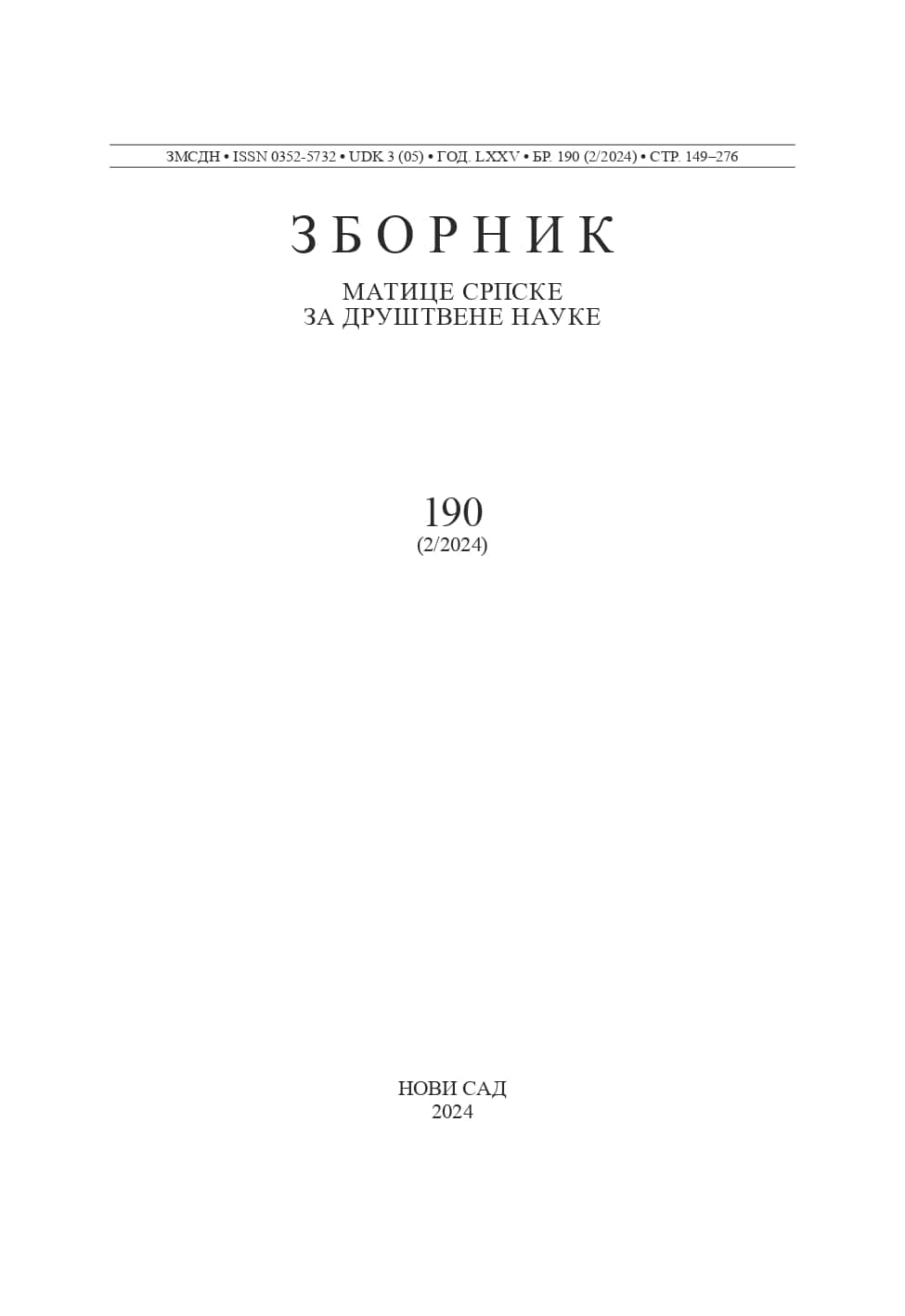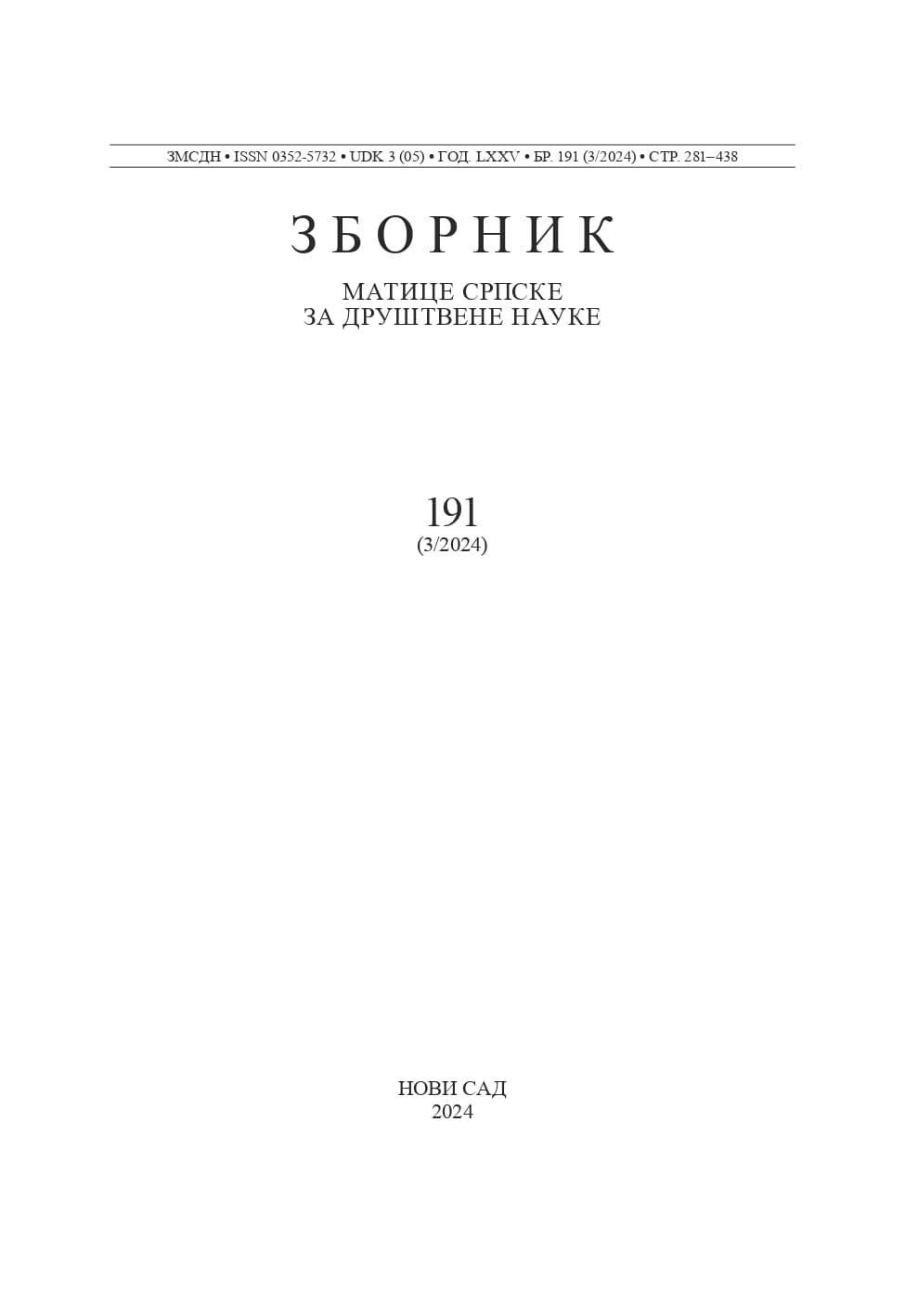Author(s): Suleyman Bashov / Language(s): Bulgarian
Issue: 1/2023
Financial legal science analyses the financial legislation. There-fore, giving a clear definition of its essence and scope is of primary importance for financial legal theory. Nevertheless, the legal literature in Bulgaria contains very controversial thesis in this fields. The present study arranges these theses in two main gropes, de-fined as dogmatic and pragmatic one. The first one describes the subject of financial law through legal features and concepts. In this way, financial law is revealed as a branch of the Bulgarian legal system, composed of specific financial legal norms. The dogmatic view on this matter refutes the pragmatists, who tend to include in the financial law many relations, regulated by the norms of different legal branches, if they are considered financial in the financial and economic literature. At the same time, the present study emphasizes the merits of the dogmatic approach and the necessity for its application in any legal analysis. The legal system of Bulgaria is structured by legal features, not by social, economic, Financial legal science analyses the financial legislation. There-fore, giving a clear definition of its essence and scope is of primary importance for financial legal theory. Nevertheless, the legal literature in Bulgaria contains very controversial thesis in this fields. The present study arranges these theses in two main gropes, de-fined as dogmatic and pragmatic one. The first one describes the subject of financial law through legal features and concepts. In this way, financial law is revealed as a branch of the Bulgarian legal system, composed of specific financial legal norms. The dogmatic view on this matter refutes the pragmatists, who tend to include in the financial law many relations, regulated by the norms of different legal branches, if they are considered financial in the financial and economic literature. At the same time, the present study emphasizes the merits of the dogmatic approach and the necessity for its application in any legal analysis. The legal system of Bulgaria is structured by legal features, not by social, economic, psychological, and other determinants. These features refer to the nature of the legal relationship and its content. And its content is predetermined by the position of the legal entities involved in it. The conclusion of the study is that financial law must be based on dogmatic approach and referred to relations, which have the legal quality of public finances. Financial law cannot be considered as a legal regime referring to the economic category “finance”. This category is extremely broad and often has an unspecified meaning scope. Moreover, it is regulated by the norms of different legal branches as civil, commercial, and administrative law.
More...


